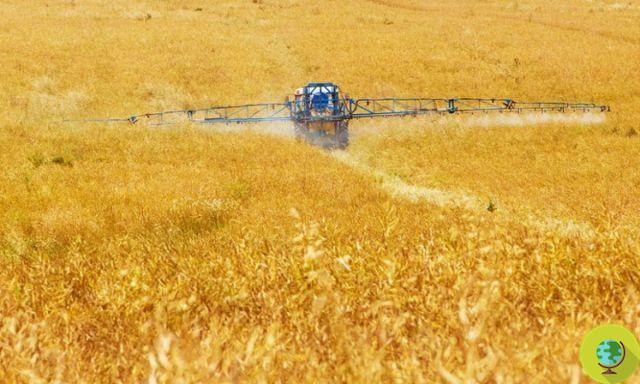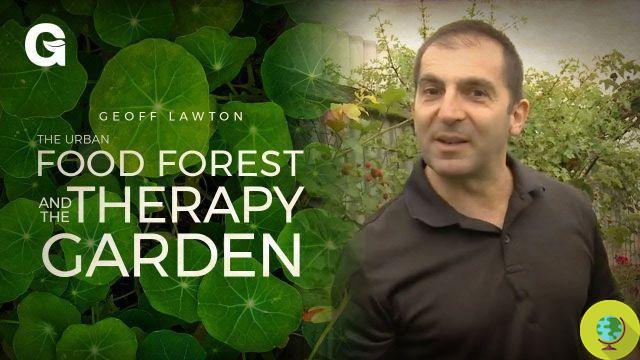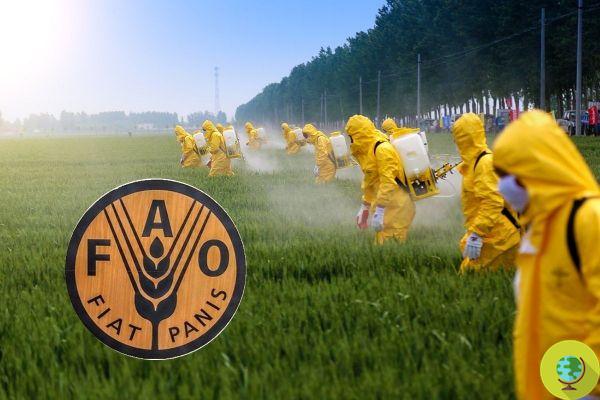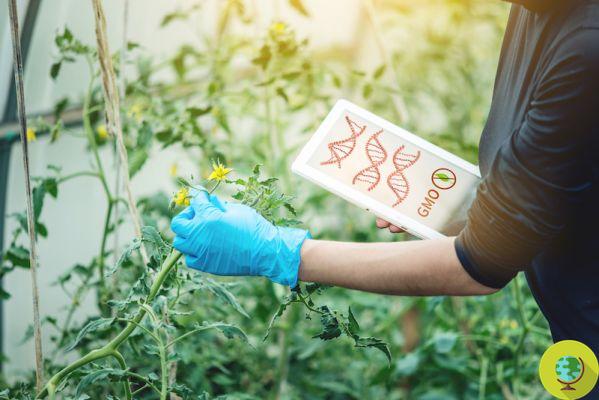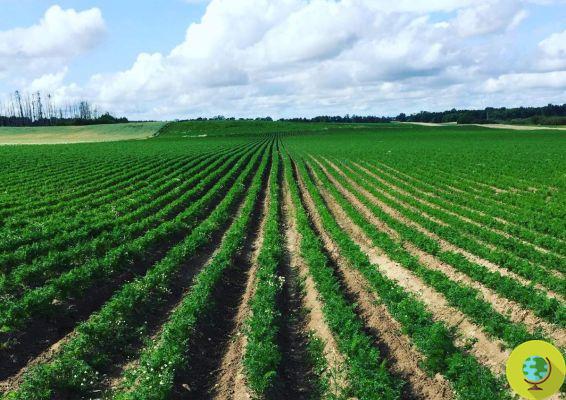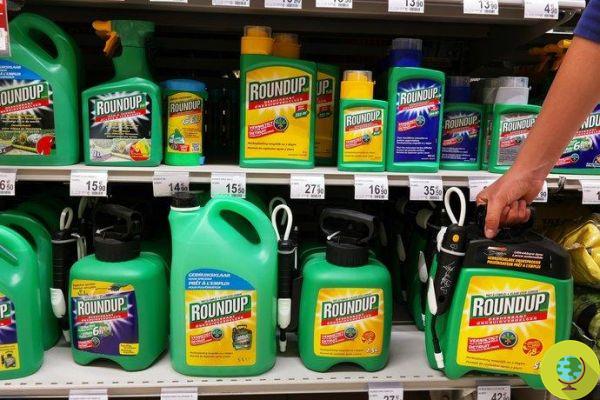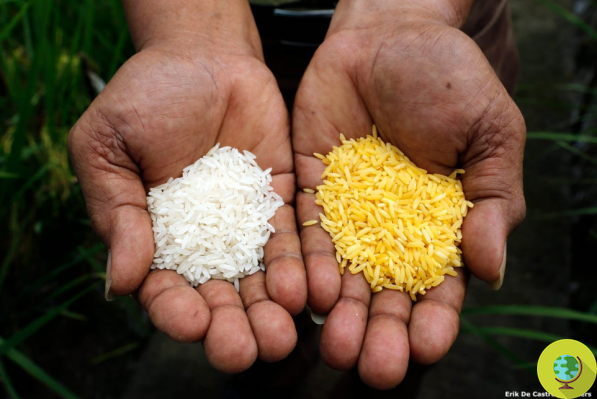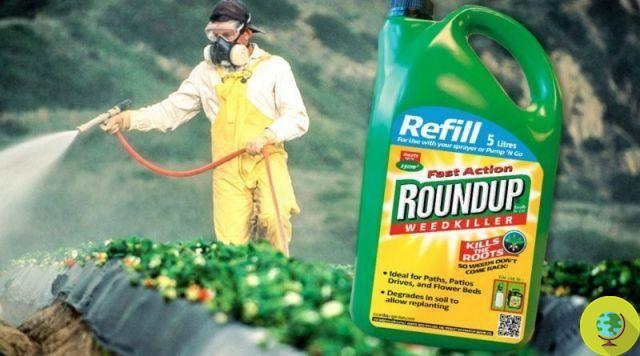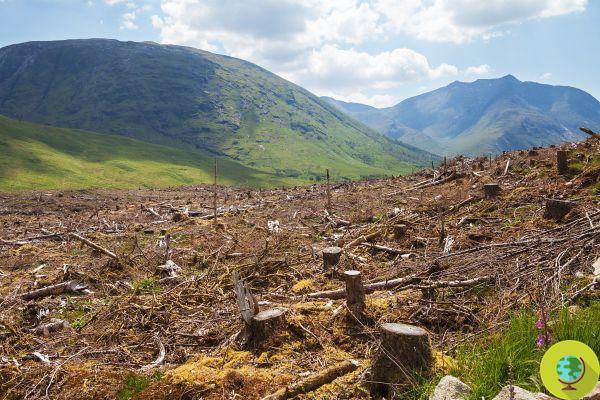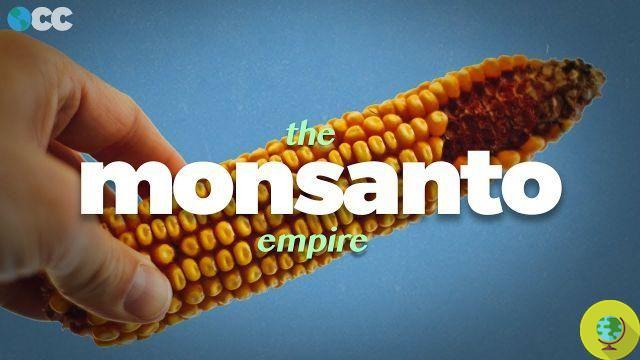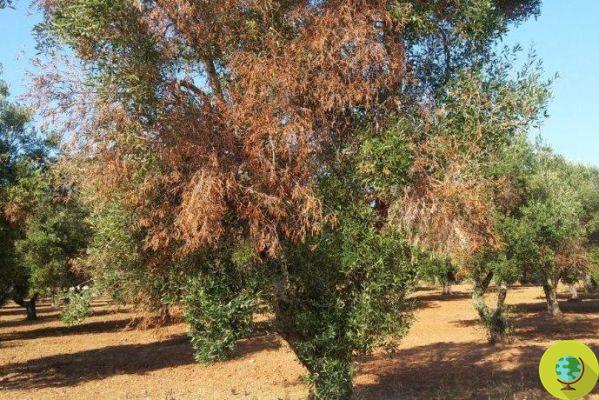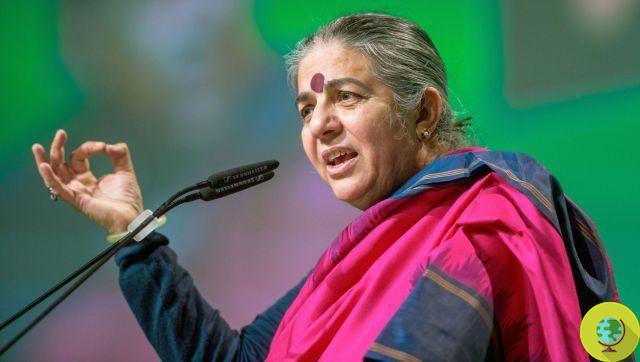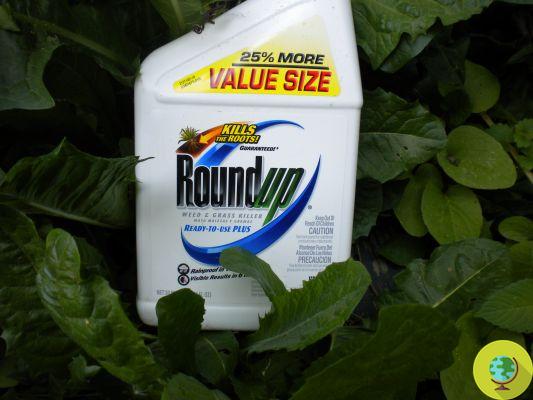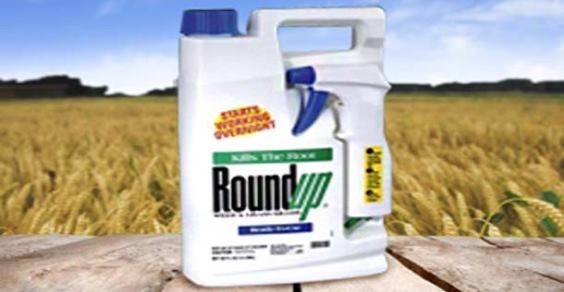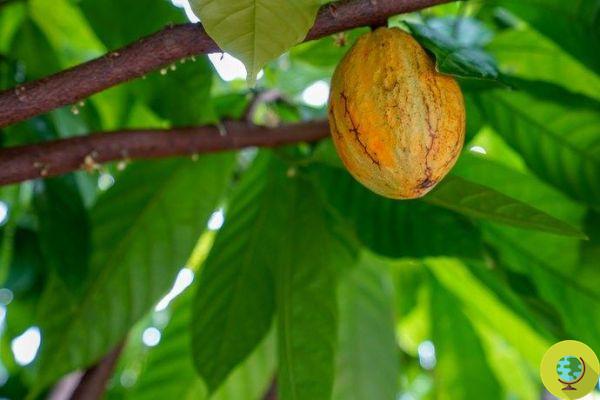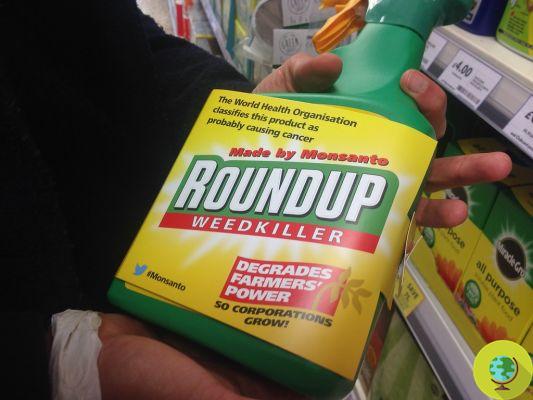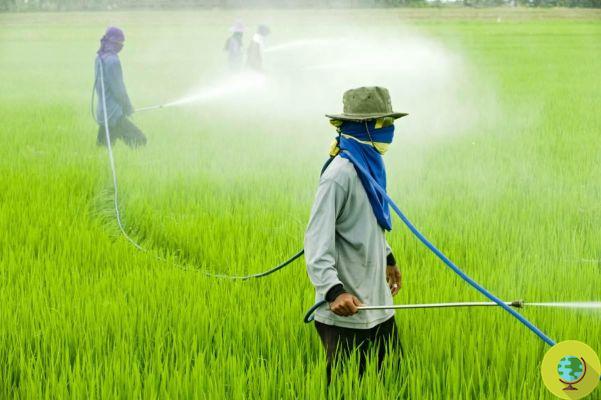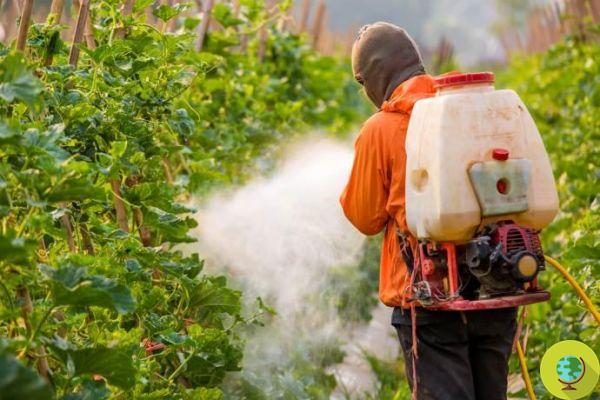A new study has revealed the presence of various PFAS in fertilizers also recommended for organic crops
He is about to end up run over, his mother saves himThe chemicals contained in many fertilizers are dangerous to health and the environment. That doesn't sound like new at all but a new study from Michigan's Sierra Club and Ecology Center has revealed the presence of various PFAS in fertilizers also recommended for organic crops.
As the warm season progresses, it's time to start taking care of the "summer" garden. Many use natural fertilizers but there are also those who resort to artificial fertilizers. And they are not all the same and environmentally friendly. A recent study found elevated levels of PFAS in a number of well-known fertilizers sold throughout the United States. These are chemicals that remain in the environment for decades and which can prove to be harmful to our health.
The report, based on tests conducted by the Sierra Club and the Ecology Center, found PFAS in nearly all fertilizers made with sewage sludge - commonly called "biosolids". Of the 33 PFAS compounds analyzed in the products, 24 were detected in at least one product, and each fertilizer contained 14 to 20 detectable PFAS compounds.
The warning raised by the Sierra Club was based on the fact that treated sewage sludge, also known as biosolids, is often used in fertilizers or compost and labeled as "eco", "natural" or "organic". But the researchers found that they are often loaded with harmful chemicals, in particular PFAS, capable of accumulating in our body with very dangerous effects:
Very small doses of PFAS have been linked to cancer, damage to the reproductive and immune systems, and other diseases.
Researchers looked at some of these fertilizers to assess the amount of perfluorooctane sulfonic acid (PFOS) and perfluorooctanoic acid (PFOA), two types of PFAS. They purchased nine products in 8 different states and in Washington, DC and found that these chemicals in 8 out of 9 cases had levels deemed unacceptable for agricultural soils and above the safe limit.
Here is the list of 8 PFAS contaminated fertilizers:
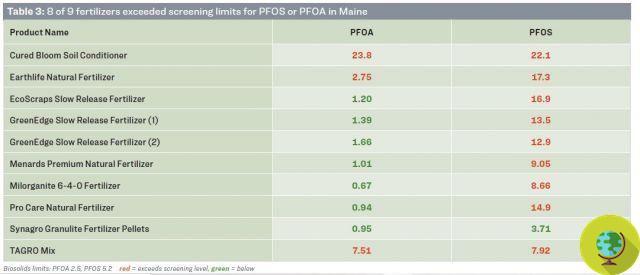
@Sierra Club
Test results highlight the need to keep toxic chemicals such as PFAS out of the wastewater system and biosolids.
The EPA and states must act swiftly to enact stringent standards to protect us from toxic PFAS that continue to flow into our wastewater and keep contaminated wastewater waste out of home gardens and farmland. While chemical companies have made a nice profit from PFAS, our drinking water, farms, dairies and American citizens have paid the most expensive price.
said Sonya Lunder, Sierra Club Senior Toxics Policy Advisor.
Finding PFAS in household fertilizers shows how these chemicals end up in our lives again even when we think they have been disposed of. There is no "way out" for the PFAS. The only truly effective way to stop the cycle and protect our food and water supply is to end most uses,
added Gillian Miller, Senior Staff Scientist for the Michigan Ecology Center.
In addition, Sierra Club points out that sewage sludge cannot be used as fertilizer for certified organic crops.
Click here to read the report
Sources of reference: Sierraclub
READ also:
- PFAS: what they are, what they cause and why we are finding them everywhere
- Pfas rains on the American Great Lakes: health risks
- Pfas also in sewage sludge-based household fertilizers, the study




